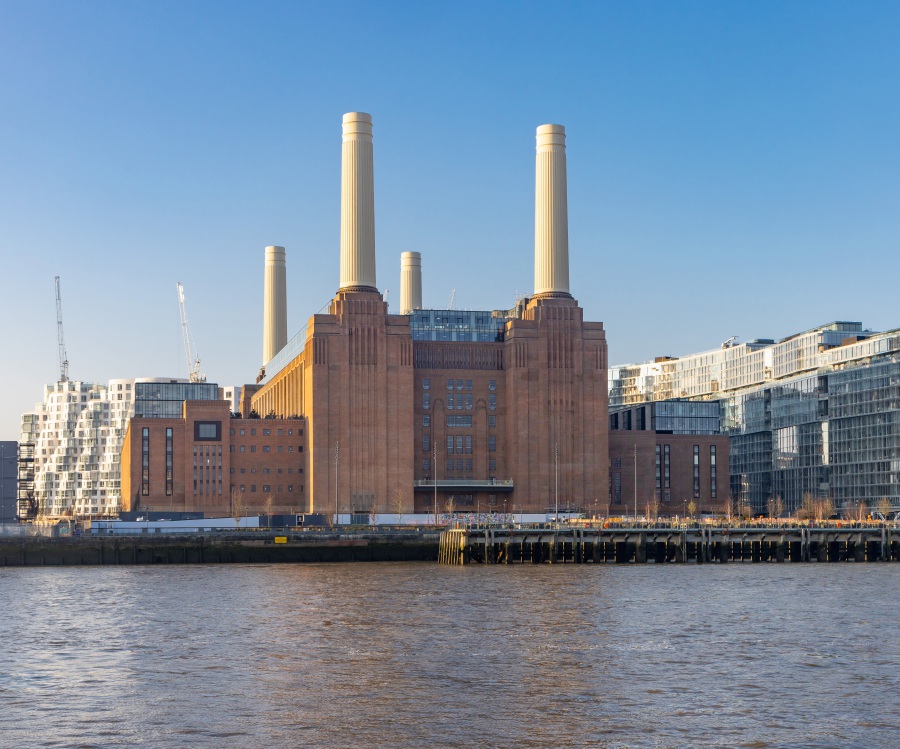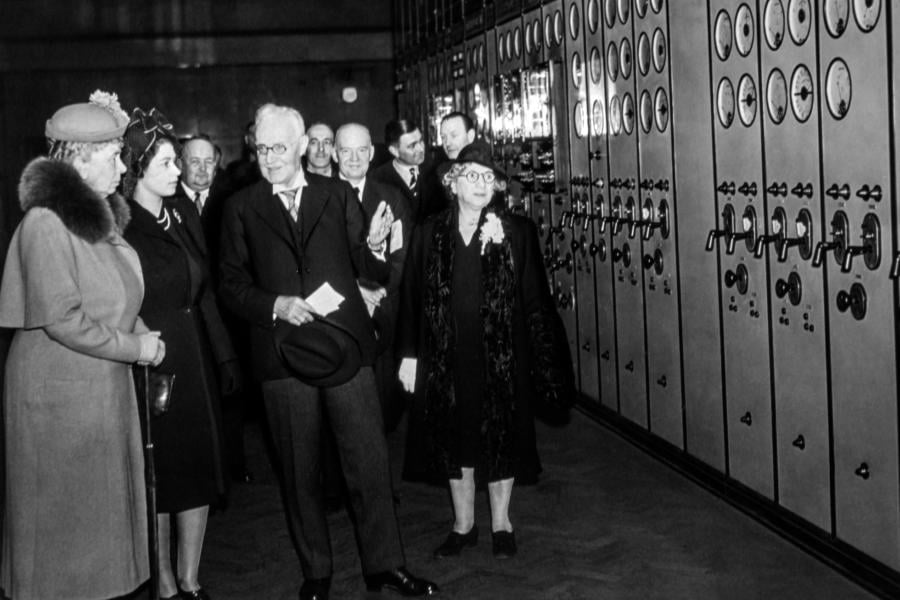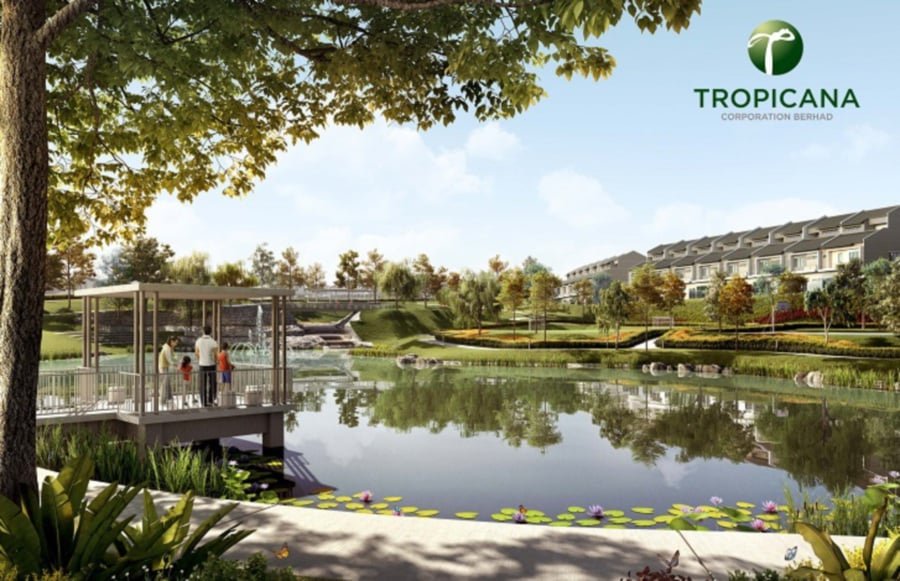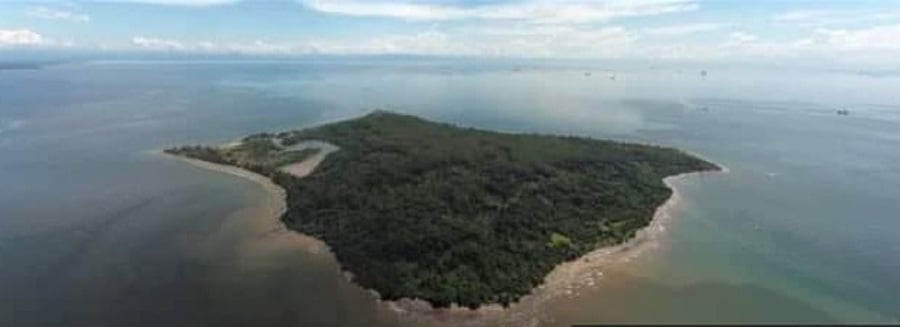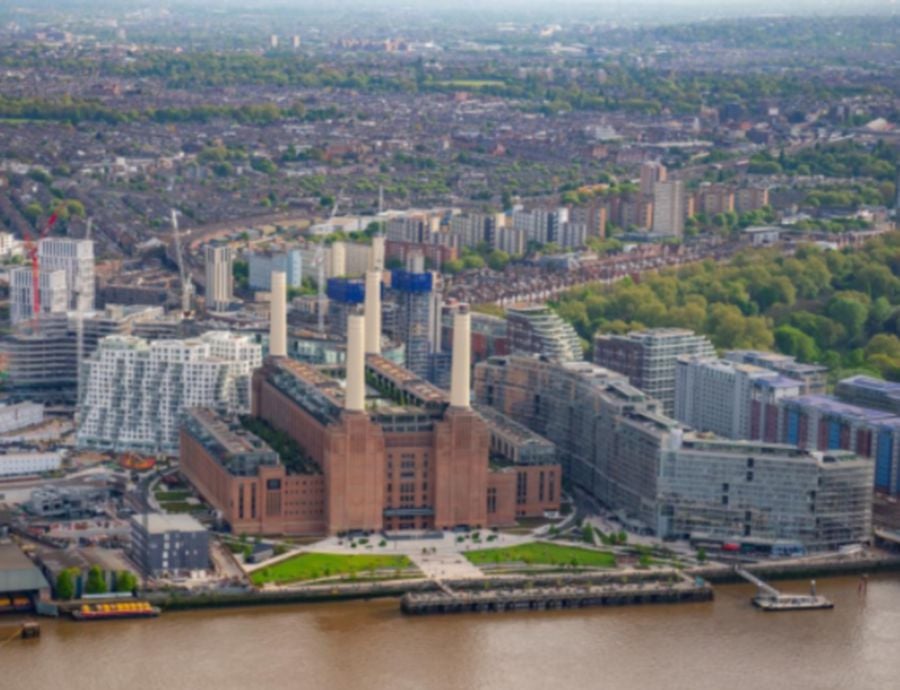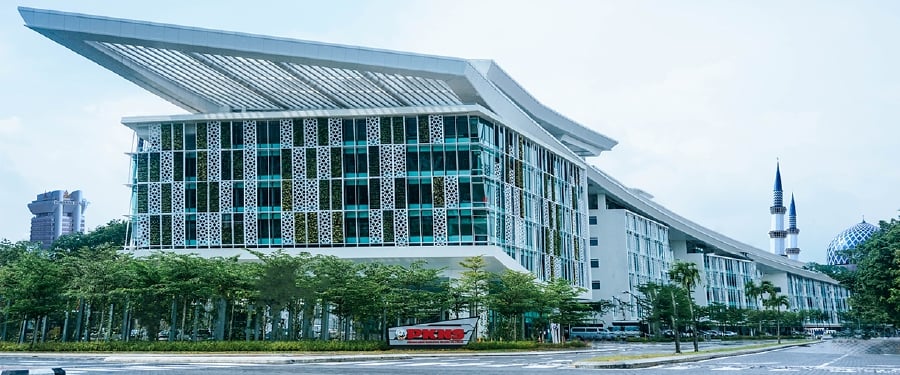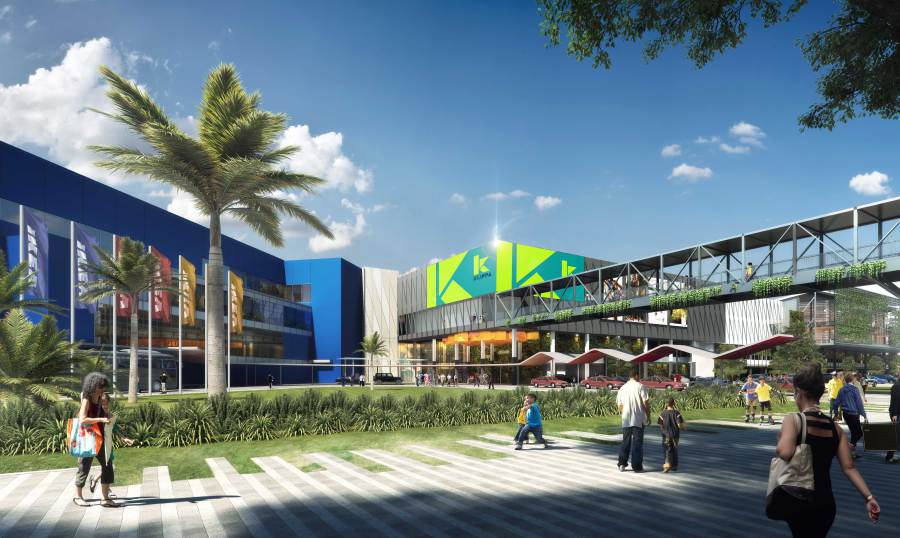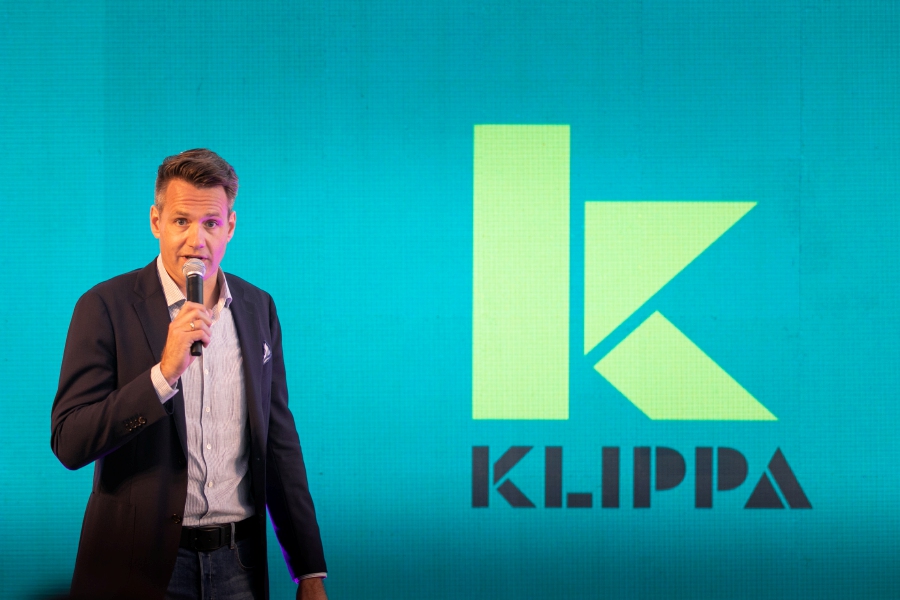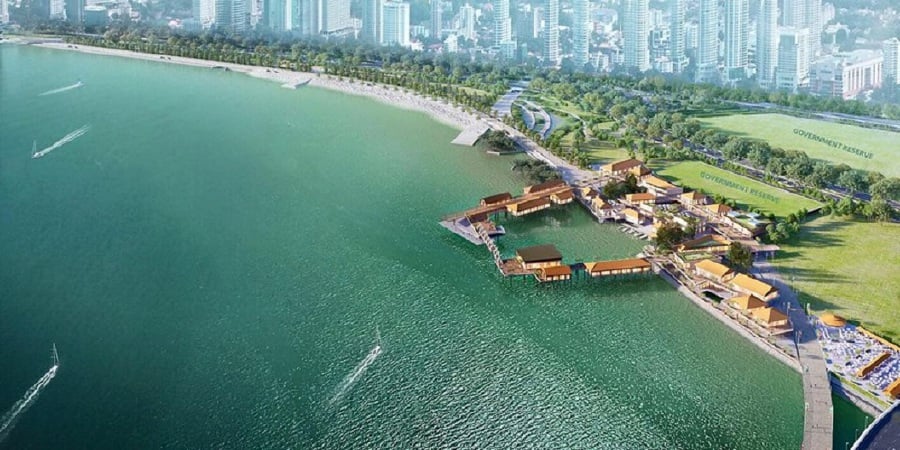By NST property - Published on May 31, 2022
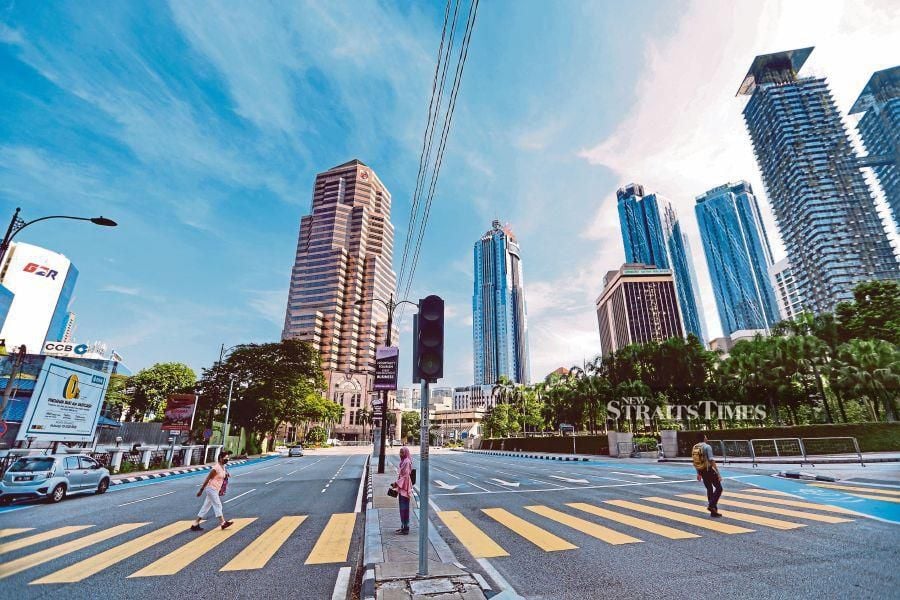
Office supply in Greater Kuala Lumpur remained stagnant in the first quarter of this year, with no new completions, according to JLL Property Services (M) Sdn Bhd.
However, several major projects are expected to be completed in the latter quarters of the year, demonstrating a strong supply pipeline of grade A buildings, said the firm's country head, YY Lau.
According to Lau, net absorption is positive as market activity begins to pick up as the city transitions into endemicity, primarily driven by tech-related sectors that continue to grow.
"We also see more enquiries from various sectors namely financial services including the fintech industry, as Malaysia had recently granted digital banking licenses to several companies. With that being said, given the amount of new supply currently in the market, we expect trends of flight-to-quality to remain apparent," she said in the firm's recently published data.
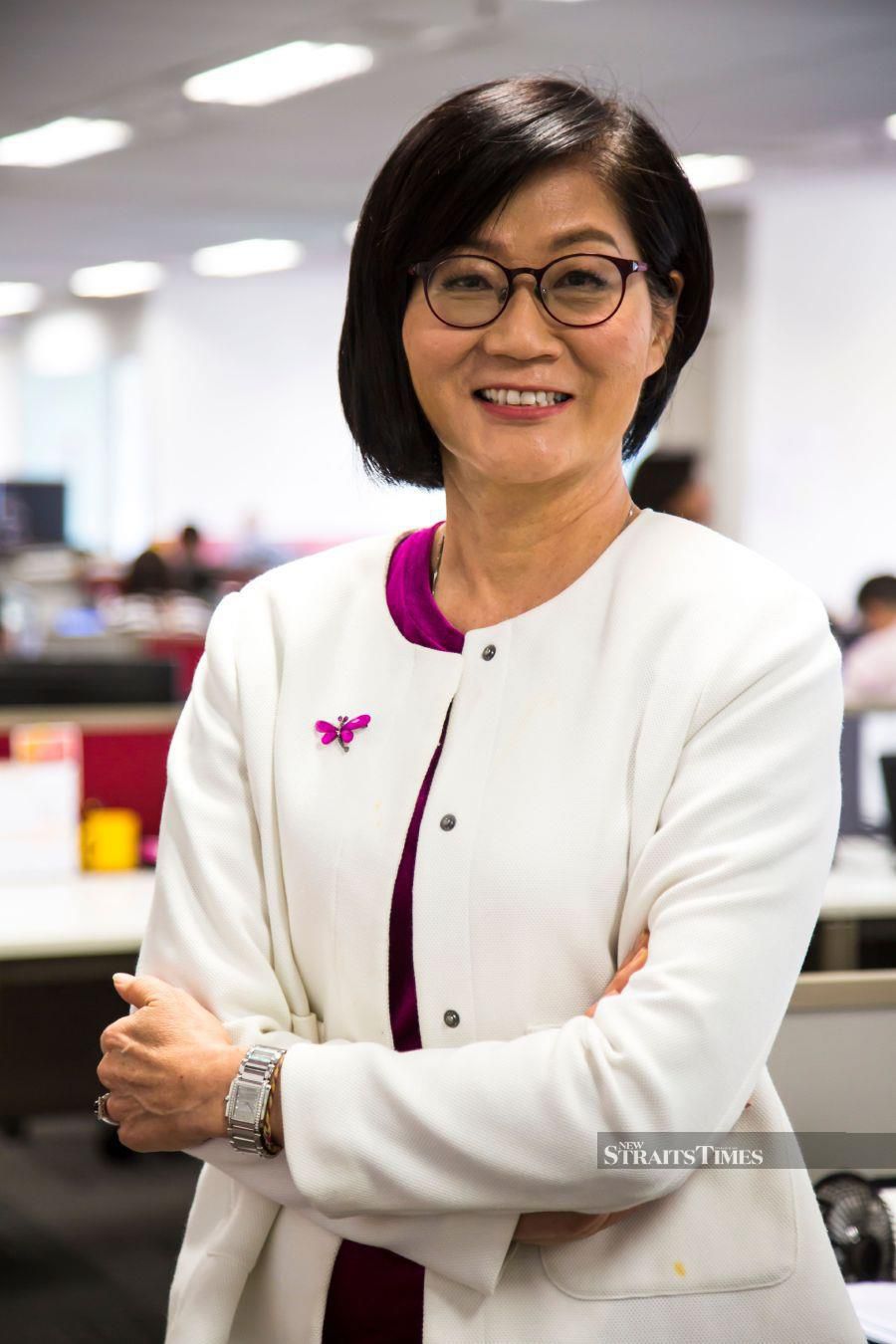
Activity in the logistics and industrial sectors increased by 3.5 per cent year on year. Nonetheless, the sector's growth rate slowed, with only US$8.3 billion in capital deployed in the first quarter.
Despite widespread investor interest, the lack of large portfolio deals and limited deal pipelines contributed to slower investment growth in the sector. The sale of the DLJ Greater Shanghai Portfolio (US$717 million) in China was notable.
"We continue to see the growth in the data centre sector due to Malaysia's strategic geographical location as well as the revised data centre moratorium policy imposed by the Government of Singapore, benefitting the country as well as Indonesia," Lau said.
According to her, JLL in Malaysia has received numerous data centre inquiries and facilitated a few land transactions as investors and operators rush to enter the market.
Microsoft, Amazon, and Google have received conditional approval to build and manage large-scale data centres and cloud services across the country, elevating Malaysia's prominence as a regional data hub.
Meanwhile, hotel transactions remained resilient, reaching US$3.1 billion as more hotels changed hands with investors looking to buy low and convert underperforming hotels into living products.
JLL expects the sector to rebound further in 2022, forecasting US$10.7 billion in total transactions, up 15 per cent from 2021
Pamela Ambler, head of Investor intelligence and strategy, Asia Pacific, JLL, said that investors are sitting on over US$50 billion in dry powder and have demonstrated in the first quarter their confidence in spreading capital across geography and sector.
"In the coming months, momentum will shift towards logistics and industrial as supply comes to market, and funds will increasingly focus on income resilient sectors," she said.
Growth in the Asia Pacific
According to data and analysis published in the JLL Capital Tracker Q1 2022, investment growth in the Asia Pacific real estate sector continued in the first quarter of 2022, with volumes up 20 per cent yearly.
Stuart Crow, JLL's chief executive officer, capital markets, Asia Pacific, said US$40.8 billion in the capital was deployed into the region through direct real estate investment during the quarter.
Investment volumes increased in Singapore, South Korea, and Australia.
Sector-wise, Crow said the retail and office sectors performed strongly whilst logistics and industrial reported a moderated growth rise of 3.5 per cent year-on-year.
"Investors continue to diversify when deploying capital across Asia Pacific, represented by a swing of investments into retail assets, continued support for the office market, and high growth in Singapore, Korea and Australia allocations. We are optimistic that the region's real estate sector will withstand rising interest rates and growing uncertainty," he said.
Crow said that JLL continues to face intense competition for assets and maintains its forecast of over US$200 billion in direct investment into the Asia Pacific for 2022.
Singapore commercial real estate experienced the highest year-on-year growth in the region, with investments totalling US$5.7 billion at the end of the first quarter, fueled by large transactions in the office and retail sectors.
South Korea maintained its strong performance in the first quarter, growing 89 per cent year on year to US$8.2 billion on the back of diverse investments in the office, retail, logistics, and industrial sectors.
Australia had the third-highest annual investment growth (up 49 per cent), with investors deploying US$4.7 billion into the market, with a focus on office.
Despite a 26 per cent year-on-year decline, Japan remained the region's largest investment market (US$8.5 billion).
Volumes in China remained flat in the first quarter, totalling US$8.3 billion.
According to published data, the Asia Pacific retail sector grew the most in the first quarter of 2022, with investments increasing by 39 per cent year on year.
During the quarter, over US$8 billion in the capital was deployed into retail assets as foot traffic returned following the relaxation of pandemic management policies in most markets.
Investors demonstrated a renewed confidence in retail space through transactions such as Tanglin Shopping Centre (US$642 million) in Singapore, Seongsoo E-mart (US$552 million) in Korea, and Casuarina Square (US$288 million) in Australia, driven by attractive yields and portfolio diversification.
The office sector remained the most popular in the Asia Pacific in terms of total volume, increasing by nine per cent year on year to end the first quarter with US$17.3 billion in direct investment.
Investors remained bullish on the region's office sector, buoyed by improved net absorption and rental growth, with notable deals including AlphaDom City Alpharium Tower (US$846 million) in Korea, Cross Street Exchange (US$600 million) in Singapore, and Darling Quarter (US$453 million for a 50 per cent stake) in Australia reflecting sentiment.
